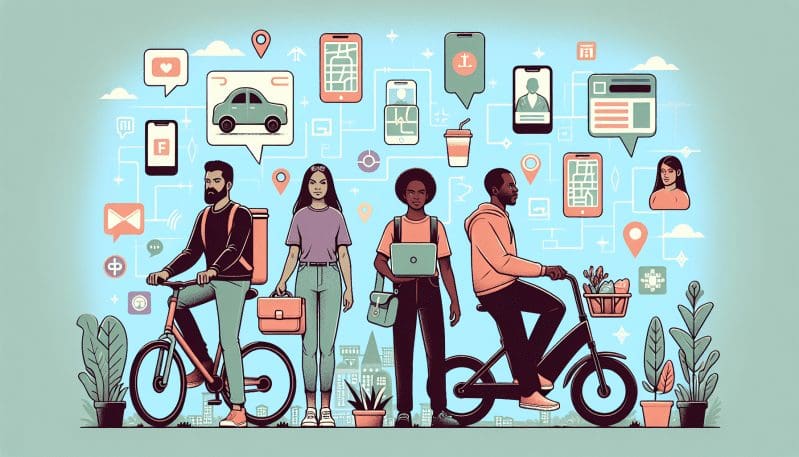As the gig economy burgeons, the contours of a traditional workplace are being redrawn. The vast mosaic of workers – each piece representing different backgrounds, identities, and experiences – converges in a digital or ephemeral work setting. This convergence pushes us to reevaluate how diversity, equity, and inclusion (DEI) efforts are structured within these contemporary labor landscapes.
The gig economy, with its emphasis on flexible, freelance, and short-term work, presents a particular challenge for DEI training. Traditional models of inclusion that work within the four walls of an office often stumble when transferred to the unbounded and decentralized gig platforms. The question becomes: How do we effectively deliver DEI principles to a workforce that is inherently dispersed and independent?
It’s clear that a one-size-fits-all training module lacks resonance in the gig economy’s diverse milieu. In response, employers and gig platforms must be innovative, crafting DEI strategies that are as adaptable as the workers they aim to support. This could involve leveraging technology to create interactive, on-demand training resources accessible to gig workers with varying schedules and from different locations.
The role of gig economy platforms in DEI extends beyond providing training; they must be vigilant gatekeepers of equitable treatment. This includes constantly auditing their algorithms for biases in job assignments, ensuring that gig workers have equal opportunities irrespective of their background, and establishing clear, transparent policies that protect against discrimination.
Meanwhile, gig workers themselves often operate without the safety net of traditional employment protections. As such, understanding and advocating for their rights becomes imperative. Collective movements, digital forums for gig workers, and partnerships with advocacy groups can amplify their voices and push for equitable change.
Employers, platforms, and gig workers must all be part of this dialogue. Through collaboration, we can navigate the delicate intricacies of DEI in the gig economy, and work towards a more inclusive future.
In conclusion, it is imperative that all stakeholders in the gig economy embrace the complexity of administering DEI initiatives in this novel context. By examining case studies and soliciting expert opinion, we aim to spark constructive conversation and encourage the development of effective, nuanced strategies to make DEI training not only accessible but impactful for everyone in the gig economy. The goal is to create a gig landscape where diversity is not just seen but celebrated, equity is not just aimed for but achieved, and inclusion is not just a word but a lived experience for all workers.




























